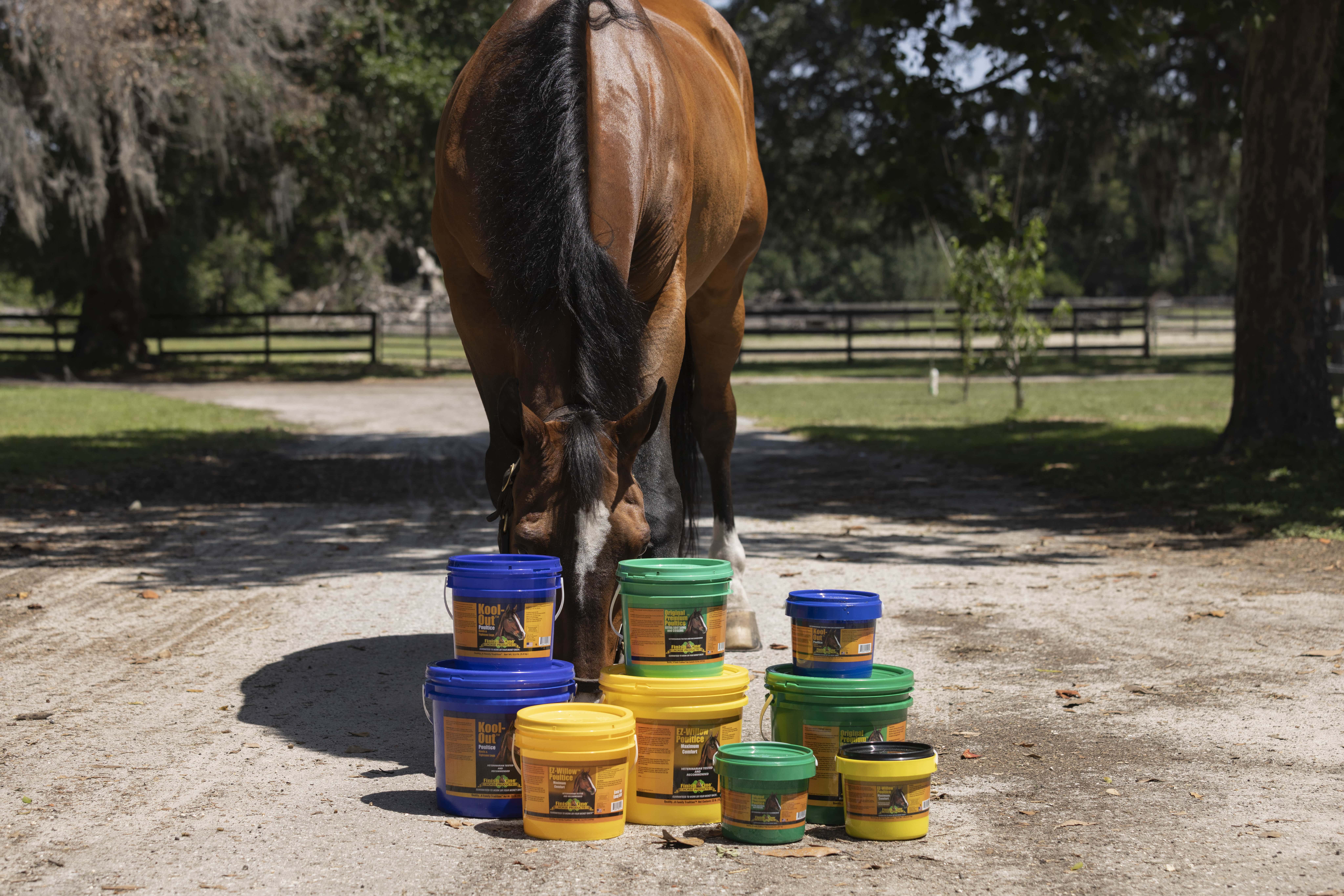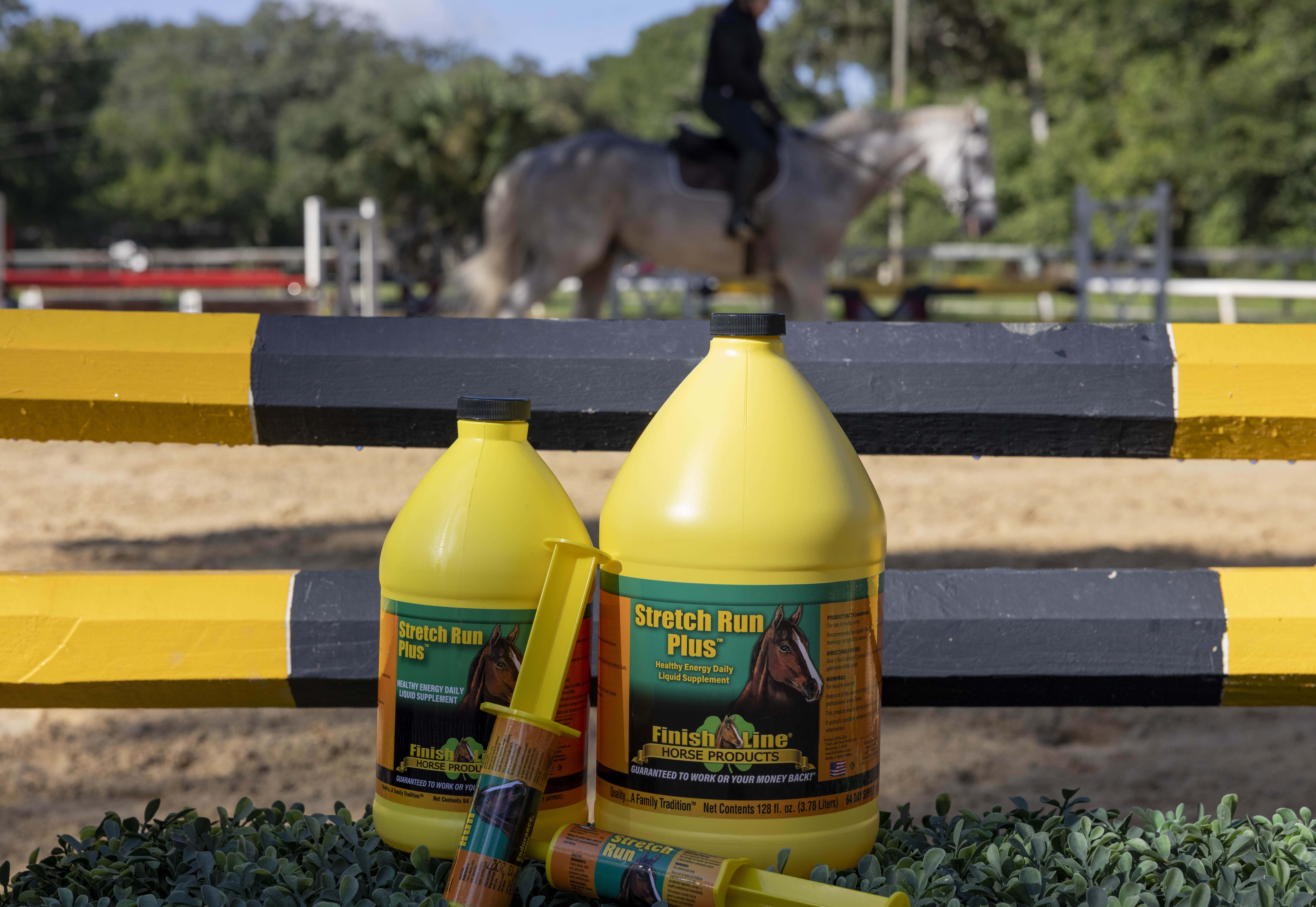Show horses need a lot of care and attention to perform their best. Their bodies need more nutrients and exercise than other equines, and grooming them is a lot more involved. Here’s a rundown of all the things to keep in mind when taking care of your show horse:
“A nutrient-rich diet keeps your horse’s bones, muscles and joints in prime condition.”
Maintaining your horse’s health
The path to the show ring consists of equal parts training and proper nutrition. Ensuring that your horse has a nutrient-rich diet keeps her bones, muscles and joints in prime condition to compete. Show horses require more energy than others, so their diets need the right mix of carbohydrates, proteins, fats and vitamins. A veterinarian can help you determine the best blend of hay, grains and equine supplements to support your horse’s health and meet its individual nutritional needs.
Your horse’s joints will suffer additional stress from all the physical activity involved in training and showing. You might want to invest in horse healthcare products with ingredients such as sodium hylauronate and glucosamine to support her joint health.
You should also make sure your horse’s vaccinations are up to date. Immunization requirements vary depending on where you live and compete, so consult with your veterinarian, other local horse owners and event coordinators to determine the exact vaccines you need. According to the United States Hunter Jumper Association, horses in the U.S. should receive vaccines for Eastern and Western equine encephalitis, tetanus and West Nile virus each year. Other vaccines to consider include rabies, Potomac horse fever, equine herpes virus and equine influenza.
Keeping fit
A good exercise regimen keeps your horse’s bones and muscles healthy and strong, reducing the chance of injury during the event. A good amount of exercise also gives the two of you a chance to work on technique, making sure you both move properly which will further reduce your chances of getting hurt. Make sure to incorporate rest days into your training schedule. This gives the muscles time to repair themselves and grow stronger.
“You’ll need a variety of brushes and combs to dislodge dander, dirt and other debris from the coat.”
Proper grooming
Part of showing is putting your best foot forward, and that means your horse is beautifully groomed. You’ll need a variety of brushes and combs – including a curry comb, mud brush and others – to dislodge dander, dirt and other debris from deep in the horse’s coat, mane and tail. Clean and pick the hooves to get rid of any rocks or other sharp objects, and enlist the help of a farrier to keep them trimmed and properly shoed. Be careful of bathing your horse too much – doing so can actually dry out the skin and coat. Finish Line’s Herbal Shampoo includes moisturizers like glycerol, and essential oils to support healthy skin.
TheHorse.com listed some common grooming habits that may be detrimental to your horse in the long run. Trimming the whiskers too short disorients her, and getting rid of her inner ear hairs gives mosquitoes the perfect place to bite.
By focusing on proper grooming, exercise, health and a supportive diet, you are sure to get the best performance out of your horse when it comes time to show.







